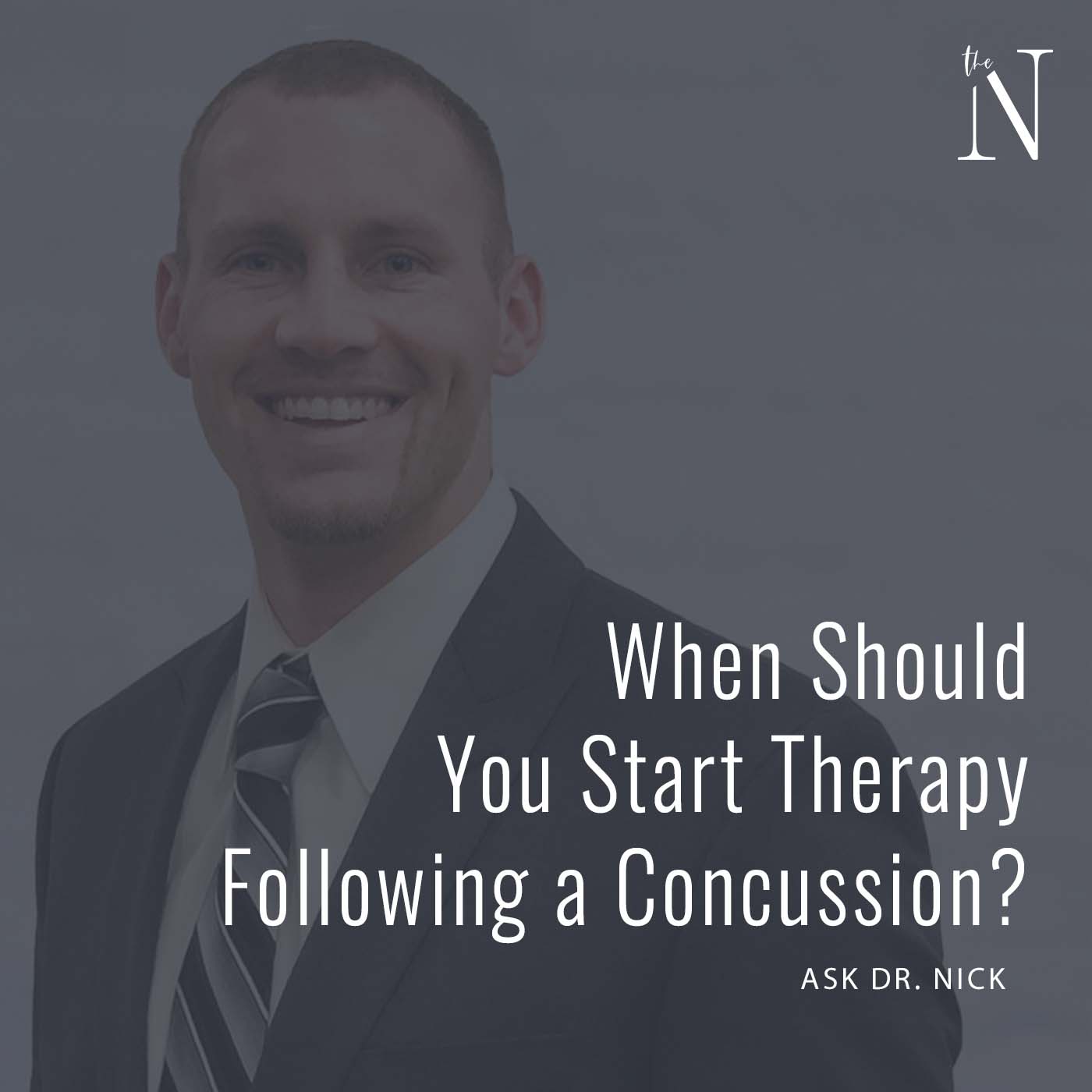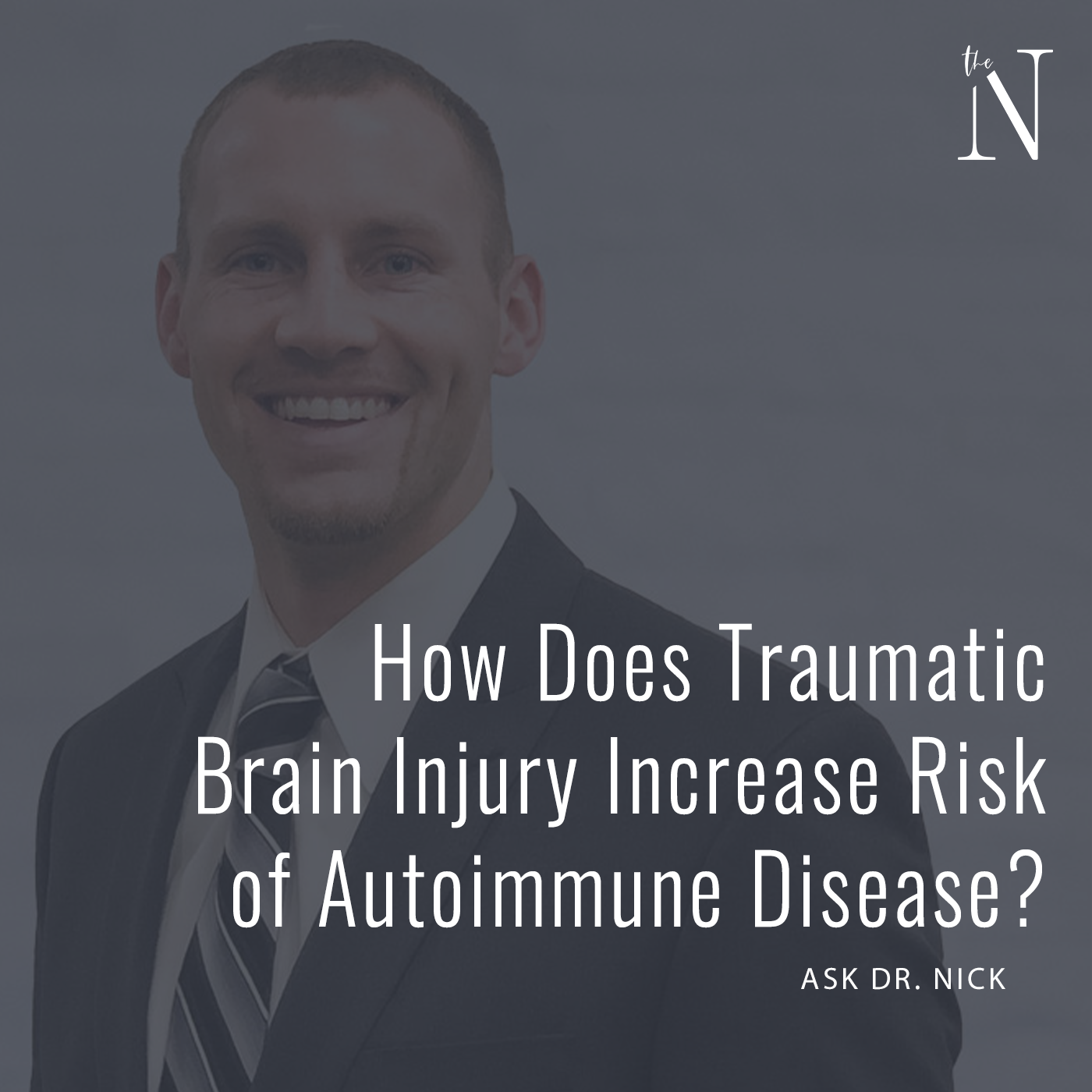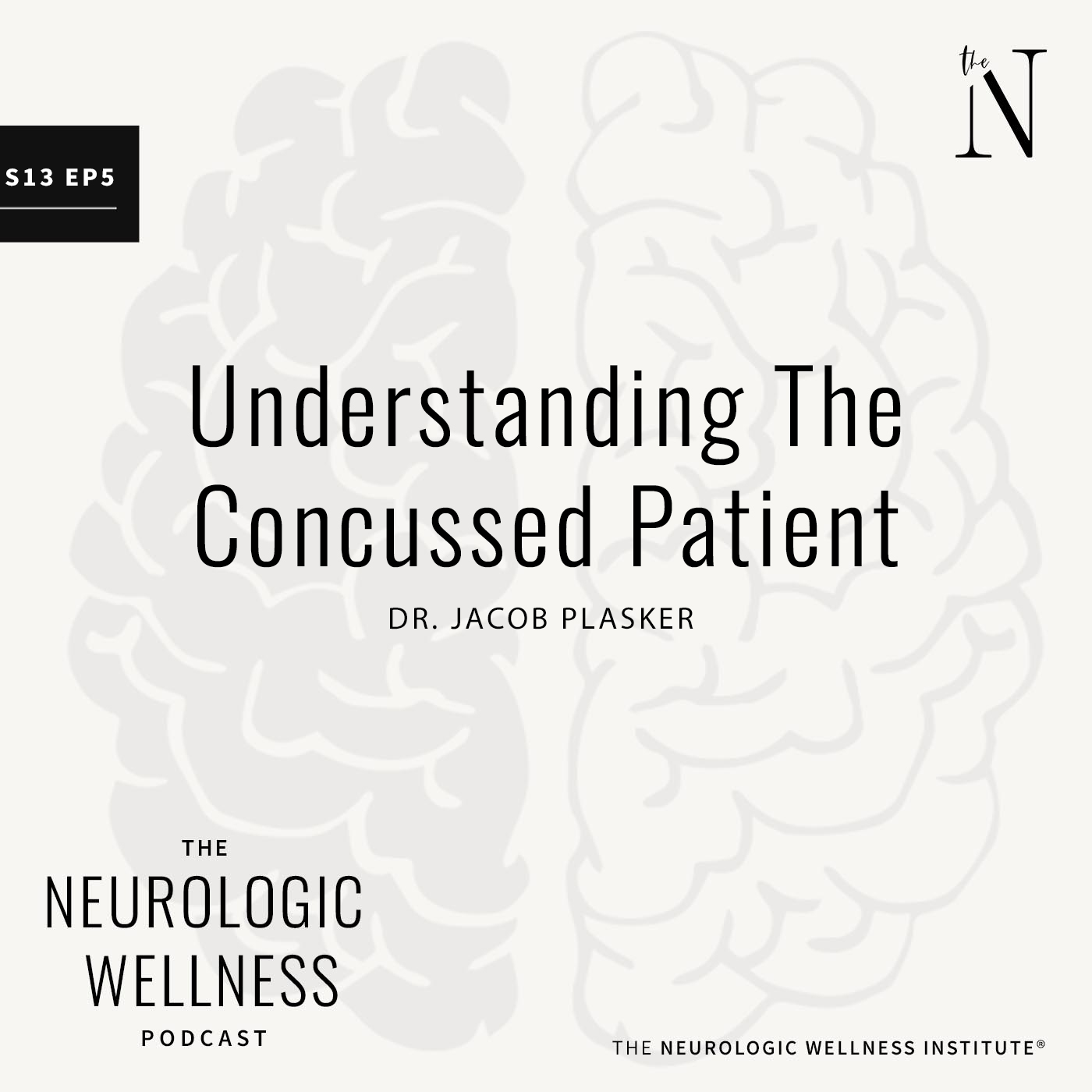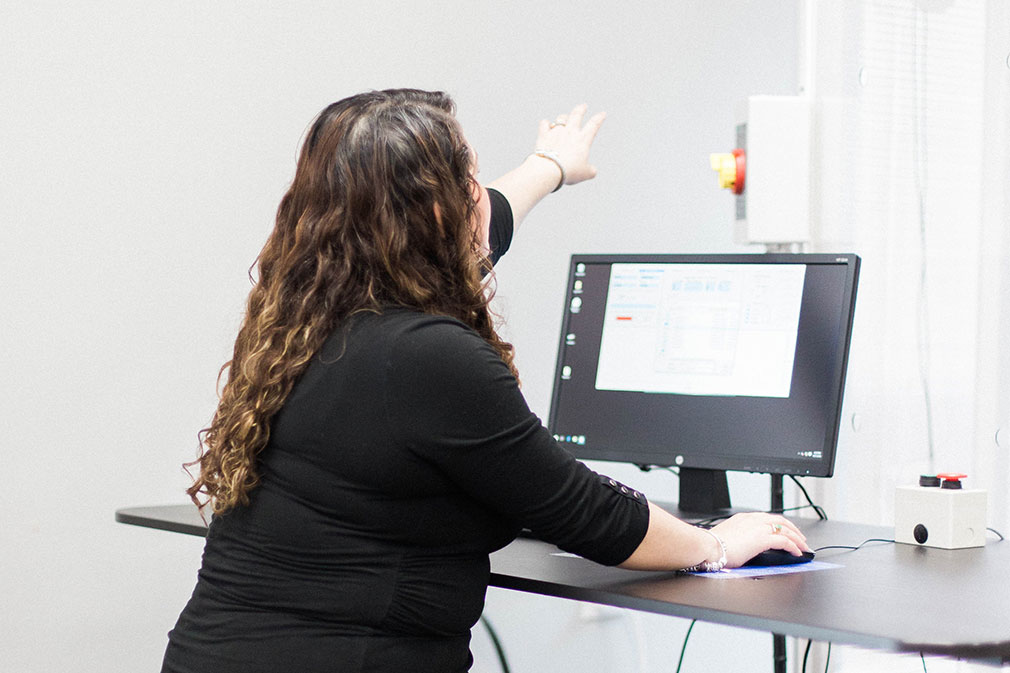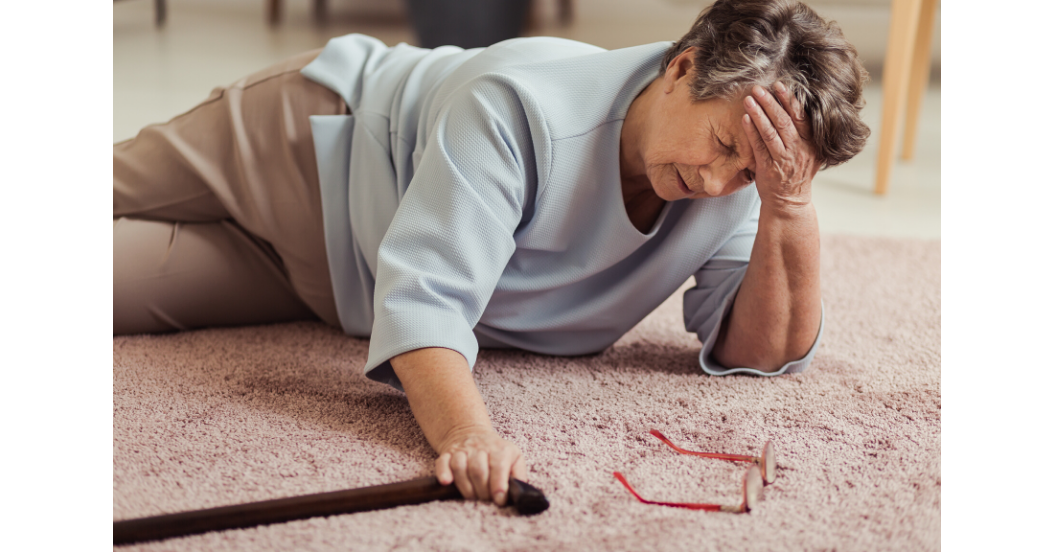 Traumatic brain injuries (TBIs) are induced by biomechanical forces that are transmitted to the brain after a direct blow to the head, face, neck, or body. Traumatic brain injuries (TBIs) are common and serious injuries to older adults. The majority of TBIs in older adults are sustained when the head impacts the ground or other surface during a fall. For older adults, the health consequences of a TBI are more marked with extended hospitalizations and a >10% fatality rate. Upwards of 80% of TBIs in older adults are a result of the head hitting the ground or other surface during a fall.
Traumatic brain injuries (TBIs) are induced by biomechanical forces that are transmitted to the brain after a direct blow to the head, face, neck, or body. Traumatic brain injuries (TBIs) are common and serious injuries to older adults. The majority of TBIs in older adults are sustained when the head impacts the ground or other surface during a fall. For older adults, the health consequences of a TBI are more marked with extended hospitalizations and a >10% fatality rate. Upwards of 80% of TBIs in older adults are a result of the head hitting the ground or other surface during a fall.
The sports medicine literature has shown that decreased neck strength and slower neck muscle activation are significant predictors for sports-related concussion. Similarly, older adults experience age-related declines to neck muscle strength and muscle activation. Consequently, these age-related declines to the neck musculature may result in the inability of older adults to control their head during a fall, which results in greater impact forces being transmitted to the brain and increases the risk of TBI. In general, the activation of the neck musculature has been shown to decrease head acceleration and potentially prevent sports-related concussions.
While the sports medicine literature highlights the potential implications of changes in neck strength and muscle activation patterns to mitigate head impact forces, these studies were primarily conducted on young healthy adults in relation to sport concussion. It is also not clear if neck muscle strength or function is related to head acceleration in older adults. However, it could be assumed, despite their age, that someone with a stronger neck and quicker reaction time to activate their neck muscles would have a better chance of stabilizing their head during a fall/blow compared to someone else with a weaker neck and slower reaction time to activate their neck muscles. Therefore, for both concussion prevention as well as concussion rehabilitation, the neck must always be evaluated and if necessary treated.
Reference:
The role of neck musculature in traumatic brain injuries in older adults. Front Med (Lausanne). 2019.

